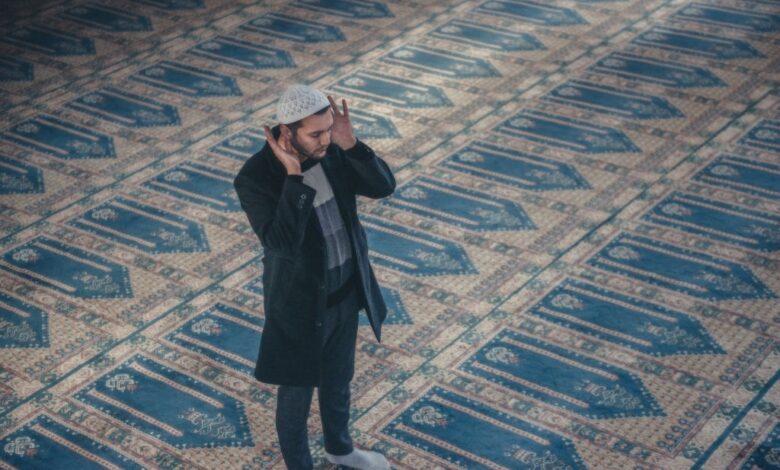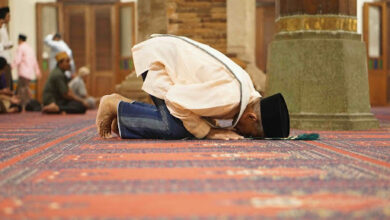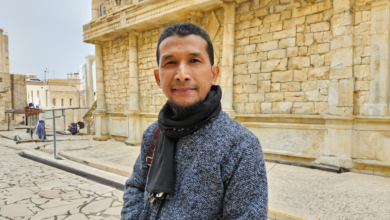
DDHK.ORG - The practice of praying from the time of our ancestors to the present day generally uses the standard of prayer described by the Shafi'i school of thought. This is because the majority of the Indonesian population is generally the Shafi'i school of thought. The scholars who spread Islam in the archipelago, of course, were also scholars of the Shafi'i school of thought. So automatically the practice of prayer is based on the fiqh of the Shafi'i school of thought.
Through this series of articles, DDHK News describes the nature of the prayer of the Prophet Muhammad based on the Shafi'i school, as written by Muhammad Ajib, Lc., MA. in his book "Sahih Evidence of the Prophet's Prayer Ala Madzhab Syafi'iy".
Takbirotul Ihrom is the takbir (Allohu Akbar) that we say first at the beginning when we want to pray. This takbir is obligatory. The prayer of someone who does not say takbirotul ihrom is invalid.
As for other takbirs, such as when they want to bow and prostrate, they are called takbir Intiqol. And, takbir Intiqol is sunnah. It's not an obligation to say.
The first proposition: In the matter of takbirotul ihrom, the Shafi'i school uses a valid argument narrated by Imam Bukhari and Imam Muslim: From the companion of Abu Hurairah radiyallahu 'anhu regarding people whose prayers are considered bad, that the Prophet said to him: "If you want to pray then perform ablution completely, then face the Qiblah and then recite the takbir.” (Hadith narrated by Bukhari & Muslim).
The second argument: The Shafi'i school also uses a valid argument narrated by Imam Abu Dawud and At Tirmidhi: From the friend of Ali bin Abi Talib Karramallahu Wajhahu, the Prophet said: "The key to prayer is ablution, and the beginning of prayer is takbir, and the end of prayer is to say hello. (Hadith narrated by Abu Dawud & At Tirmidhi).
[To be continued] [DDHKNews]



